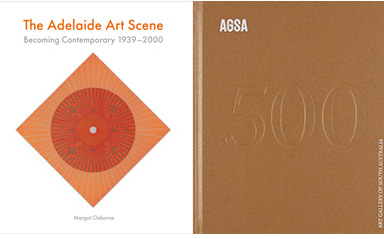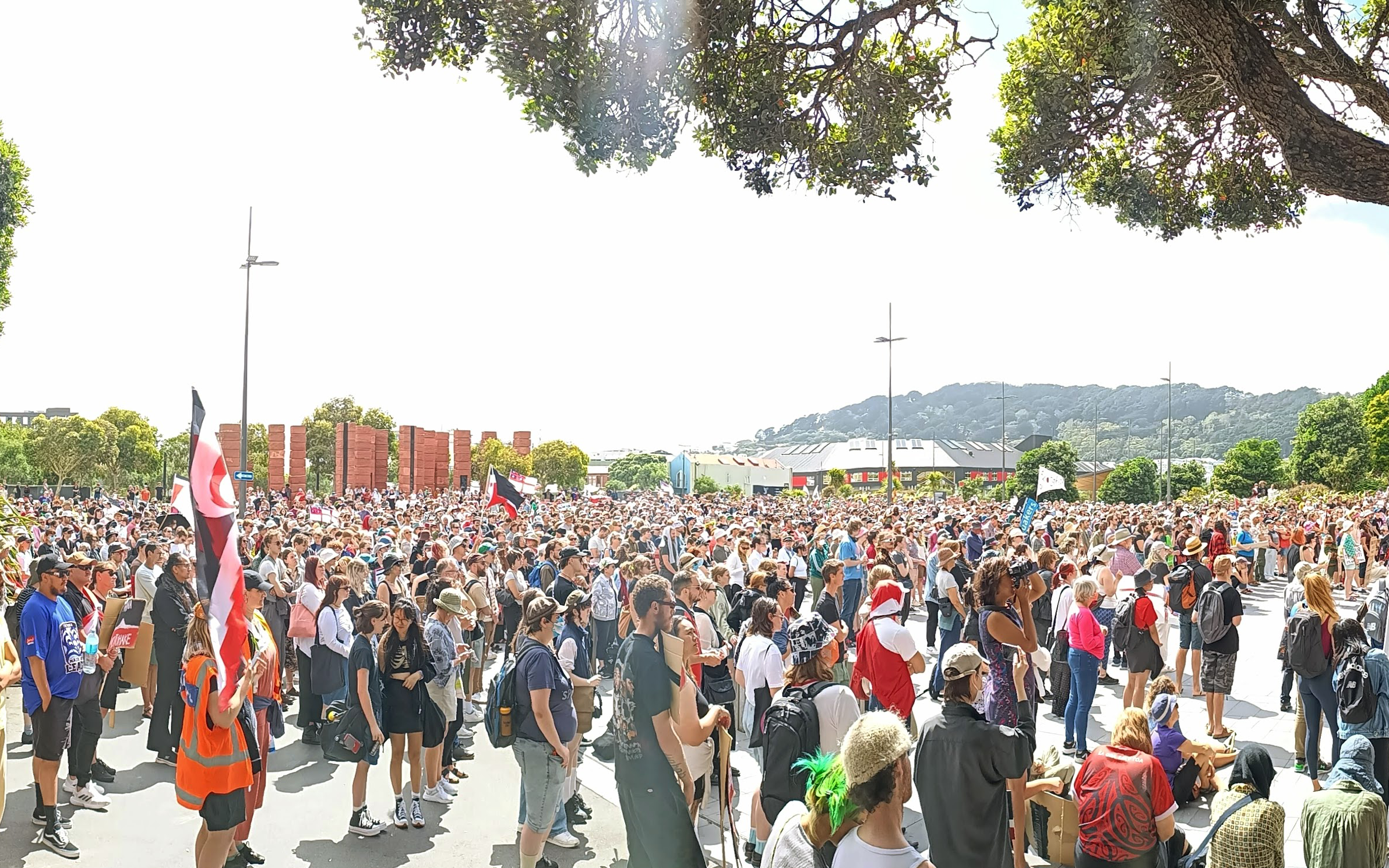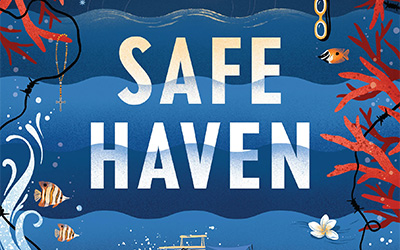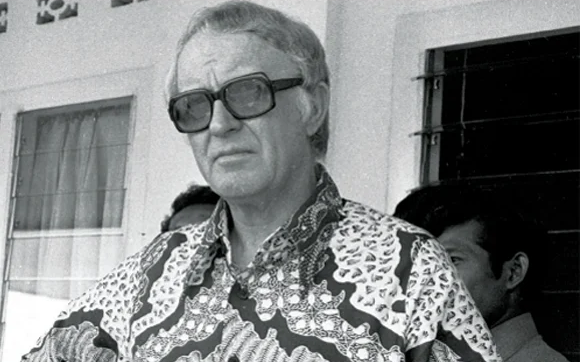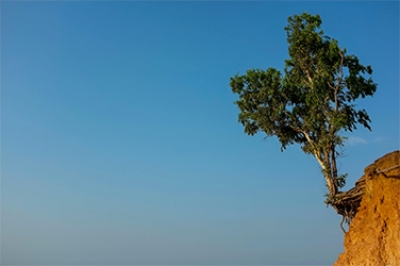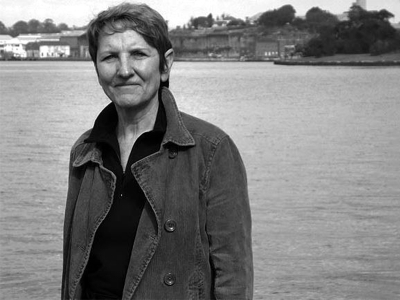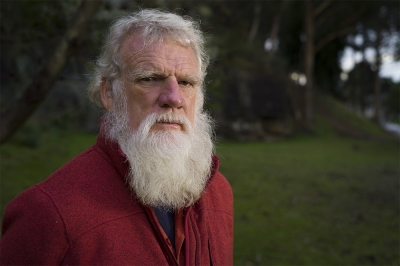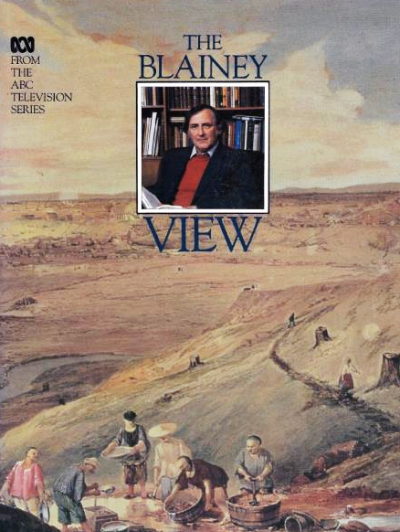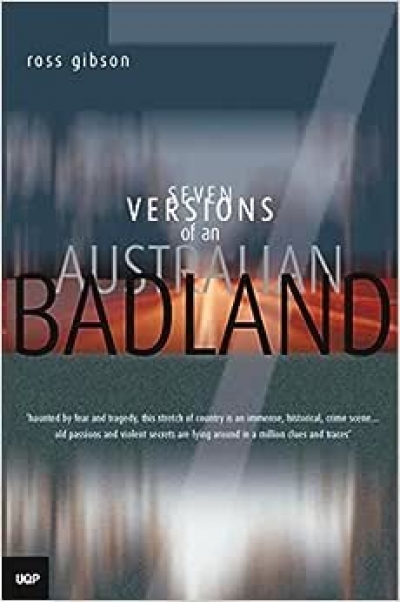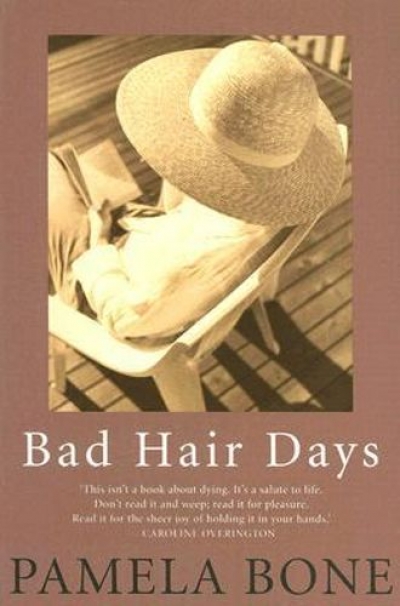Interview
Backstage with Neil Armfield
by Australian Book Review
Neil Armfield is an Australian director of theatre, film, and opera. He has directed for all of Australia’s state theatre companies, Opera Australia, The Welsh National Opera, The Bregenz Festival in Austria, Zurich Opera, Canadian Opera, Houston Grand Opera, English National Opera, The Lyric Opera in Chicago, and the Royal Opera House, London. He was co-founder of Sydney’s Belvoir Theatre and was its Artistic Director for seventeen years. He was joint Artistic Director of the Adelaide Festival with Rachel Healy from 2017 to 2023.





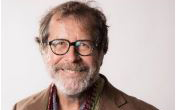
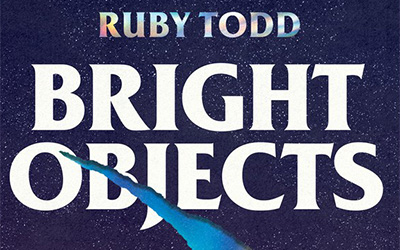
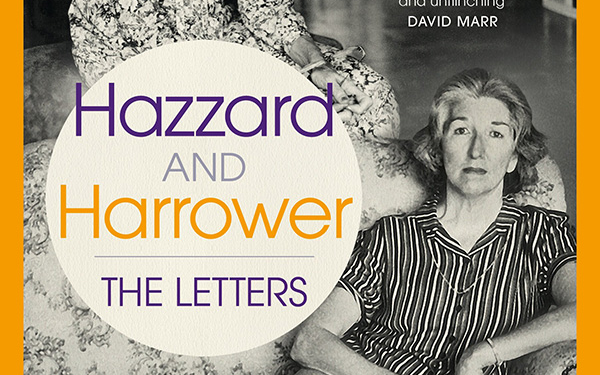
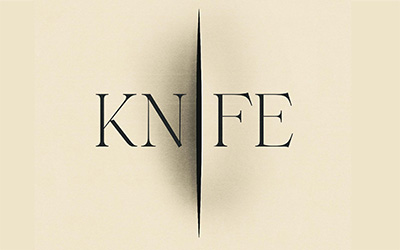
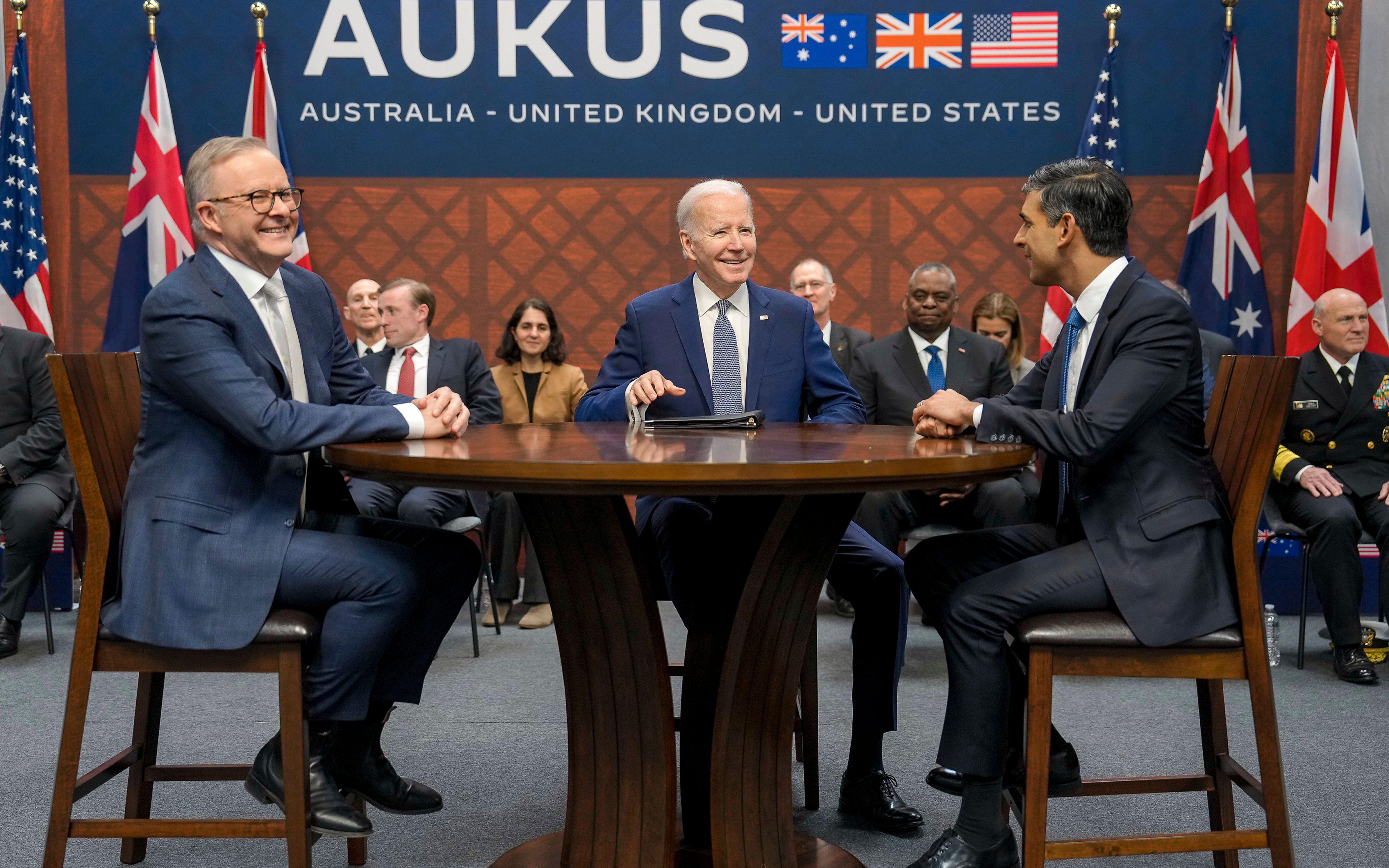
-FEAT.png)
